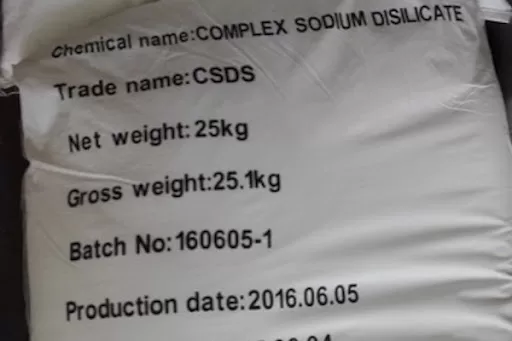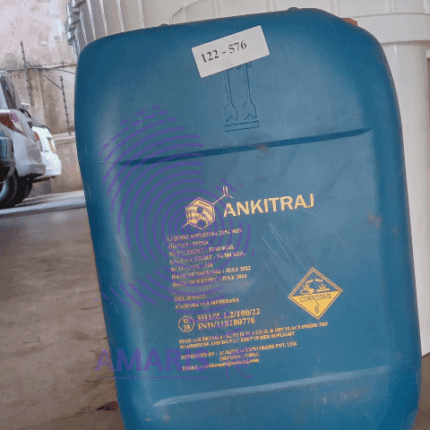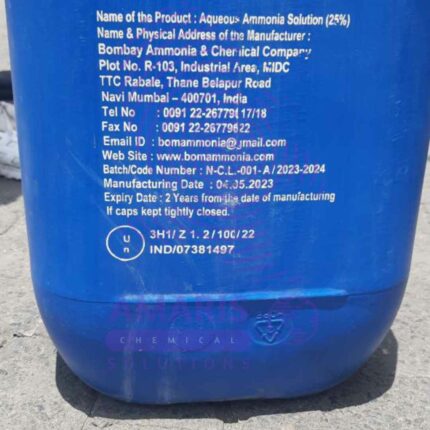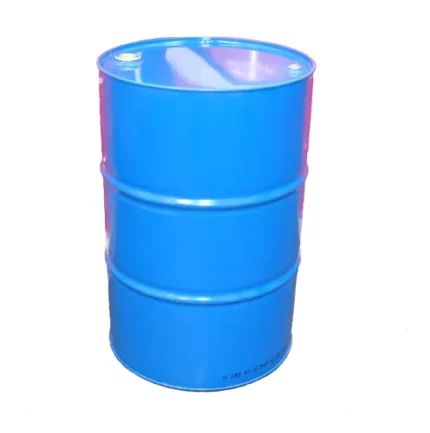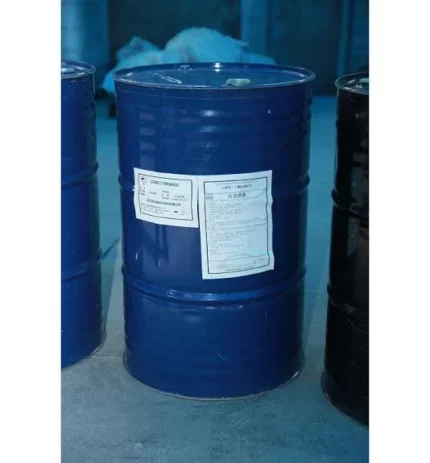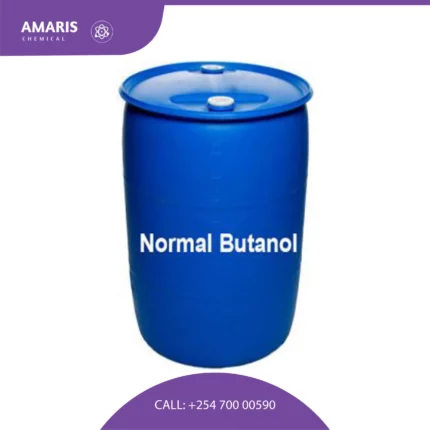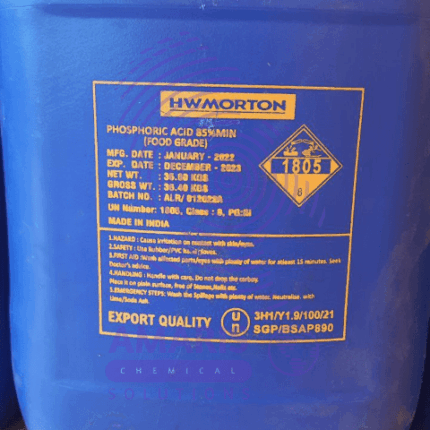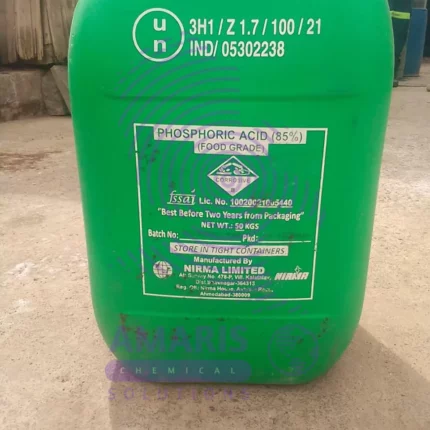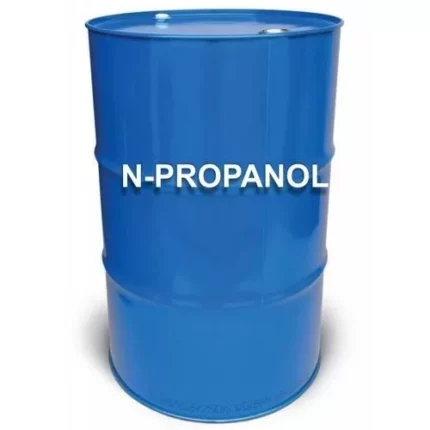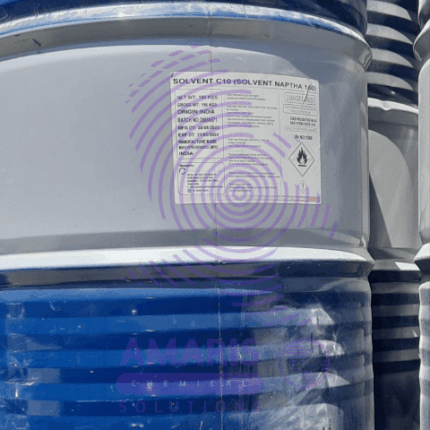“Petroleum Resin C9 Hydrocarbon 25 kg Bag” has been added to your cart. View cart
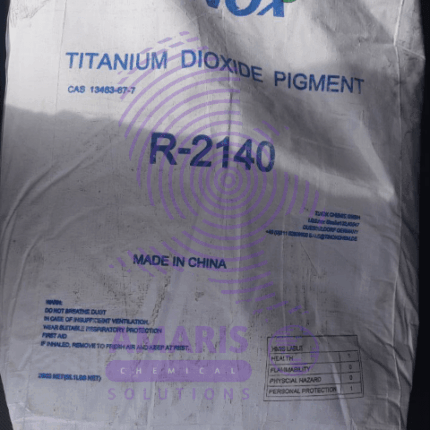
Titanium Dioxide 25kg Kronos
$7,500.00 Original price was: $7,500.00.$7,400.00Current price is: $7,400.00.

Hot melt Adhesive/Glue
$6,000.00 Original price was: $6,000.00.$5,000.00Current price is: $5,000.00.
Sodium Disilicate 25kg
Whatsapp Order
Sodium disilicate is a chemical compound with the formula Na2Si2O5. It is a type of sodium silicate, also known as water glass, and is commonly used in various industrial and commercial applications.
SKU:
ACS52587CHEM0
Category: OTHERS
Description
Table of Contents
Togglesodium disilicate
1. Detergents and Cleaning Agents
- Builder in Detergents: Enhances the effectiveness of surfactants by softening water, binding to calcium and magnesium ions, thus preventing them from interfering with the cleaning process.
- Grease and Stain Removal: Helps in breaking down and emulsifying oils and greases, making it a key ingredient in industrial and household cleaning products.
2. Adhesives and Sealants
- Binder: Used in adhesives for its ability to provide strong bonding properties.
- Sealants: Applied in formulations for sealing materials like cement and concrete, improving their strength, durability, and resistance to water.
3. Paper and Pulp Industry
- Processing Aid: Enhances the processing of paper pulp, improving the quality and characteristics of the finished paper.
- Ink Absorption: Increases the absorption of ink in paper products, contributing to better print quality.
4. Water Treatment
- Corrosion Control: Used to control corrosion in water distribution systems by forming a protective film on metal surfaces.
- Scale Prevention: Helps in preventing the formation of scale in boilers and other water systems.
5. Automotive and Metal Cleaning
- Degreasing Agent: Essential in formulations for cleaning metal parts and surfaces, effectively removing oils, greases, and other contaminants.
- Rust Inhibition: Provides temporary protection against rust and corrosion on metal surfaces.
6. Ceramics and Glass Manufacturing
- Fluxing Agent: Lowers the melting point of the raw materials in ceramics and glass production, facilitating easier processing and formation.
- Strength Enhancer: Contributes to the mechanical strength and durability of ceramic and glass products.
7. Construction Industry
- Concrete Additive: Used in concrete mixtures to enhance the material’s properties, such as increasing its hardness, reducing permeability, and improving resistance to weathering.
- Fireproofing: Acts as a fire retardant in various construction materials.
8. Textile Industry
- Bleaching Aid: Assists in the bleaching process of textiles, ensuring uniform color and removing impurities.
- Desizing Agent: Used to remove size (a protective glue-like substance) from fabric to prepare it for dyeing and finishing.
9. Agriculture
- Soil Stabilization: Helps in soil stabilization processes, improving soil structure and reducing erosion.
- Fertilizer Production: Occasionally used in the production of certain types of fertilizers.
10. Miscellaneous Applications
- Catalyst Support: Used as a support material for catalysts in chemical reactions.
- Preservation: Used in preserving artifacts and artworks due to its protective properties.
Related products
Ammonia solutions 33kg 33%conc
Ammonia solution is a solution of ammonia (NH3) gas dissolved in water. It is a clear, colorless liquid with a pungent odor and a basic pH. The concentration of ammonia in the solution can vary, and is typically expressed in terms of percent by weight or by volume.
Ammonia solutions are commonly used in a variety of applications, including cleaning agents, fertilizers, and as a precursor to other chemicals. They are also used in industrial processes such as refrigeration, gas purification, and water treatment. Ammonia solutions can be dangerous if not handled properly, as they are highly corrosive and can release toxic fumes if mixed with certain chemicals
High Temperature Grease
Long Oil 1215 215 kg
Methyl Ethyl Ketoxime 190kg Drum
Normal Butanol 165 kg
Normal butanol, also known as n-butanol or 1-butanol, is a four-carbon alcohol that is commonly used as a solvent, chemical intermediate, and fuel. Its chemical formula is C4H10O, and it is an isomer of other butanols, including isobutanol, sec-butanol, and tert-butanol. The term "normal" in the name refers to the fact that the butyl group (C4H9) is attached to the primary carbon atom (the one with only one other carbon atom attached to it) of the alcohol functional group.
Phosphoric Acid 85% food Grade
Phosphoric acid is a clear, colorless, and odorless mineral acid with the chemical formula H3PO4. It is a triprotic acid, which means that it can donate three protons (hydrogen ions) per molecule when dissolved in water. Phosphoric acid is commonly used in the production of fertilizers, detergents, and food additives, as well as in various industrial applications, such as rust removal and metal surface treatment. It is also used in the production of soft drinks, where it gives a tart flavor and acts as a preservative.
Prop BH (n propanol tech) 185 kg Drum
Solvent Naphtha C10 150 180kg Drum
Solvent naphtha is a term used to describe a group of hydrocarbon solvents that are commonly derived from petroleum. These solvents are typically used in industrial processes such as cleaning, degreasing, and as a diluent in the production of paints, coatings, and adhesives. Solvent naphtha can vary in composition, but it generally refers to a mixture of straight-chain and branched-chain hydrocarbons with boiling points in the range of 130°C to 230°C. The exact composition and properties of solvent naphtha can vary depending on the source of the petroleum from which it is derived and the specific refining processes used to produce it


 Emollients
Emollients Humectants
Humectants UV Filters
UV Filters Surfactants (cosmetic)
Surfactants (cosmetic) Preservatives (cosmetic)
Preservatives (cosmetic) Fragrances and Essential Oils
Fragrances and Essential Oils Antioxidants (cosmetics)
Antioxidants (cosmetics)
 Solvents (lab)
Solvents (lab) Chromatography Chemicals
Chromatography Chemicals Microbiology and Cell Culture Reagents
Microbiology and Cell Culture Reagents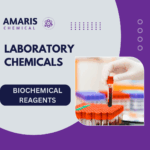 Biochemical Reagents
Biochemical Reagents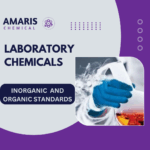 Inorganic and Organic Standards
Inorganic and Organic Standards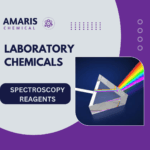 Spectroscopy Reagents
Spectroscopy Reagents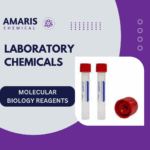 Molecular Biology Reagents
Molecular Biology Reagents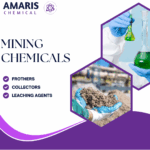
 Precious Metal Extraction Agents
Precious Metal Extraction Agents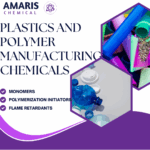
 Plasticizers
Plasticizers Polymerization Initiators
Polymerization Initiators Stabilizers
Stabilizers Monomers
Monomers Fillers and Reinforcements
Fillers and Reinforcements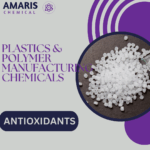 Antioxidants (plastics)
Antioxidants (plastics)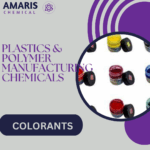 Colorants (plastic pigments,Dyes)
Colorants (plastic pigments,Dyes)
 Fertilizers
Fertilizers Plant Growth Regulators
Plant Growth Regulators Soil Conditioners
Soil Conditioners Animal Feed Additives
Animal Feed Additives Biostimulants
Biostimulants
 Dough Conditioners
Dough Conditioners Flour Treatments
Flour Treatments Fat Replacers
Fat Replacers Preservatives (baking)
Preservatives (baking)
 Surfactants (cleaning)
Surfactants (cleaning) Builders
Builders Bleaching Agents
Bleaching Agents Enzymes
Enzymes Solvents (cleaning)
Solvents (cleaning) Fragrances
Fragrances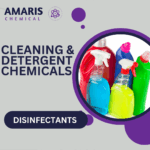 Disinfectant
Disinfectant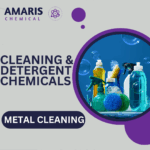 Metal cleaning
Metal cleaning
 Binders/Resins
Binders/Resins Pigments
Pigments Solvents (paint)
Solvents (paint) Additives
Additives Driers
Driers Anti-Corrosion Agents
Anti-Corrosion Agents Specialty Coatings
Specialty Coatings Functional Coatings
Functional Coatings Application-Specific Coatings
Application-Specific Coatings
 Sealants and Adhesives
Sealants and Adhesives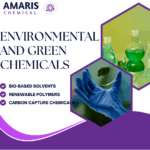
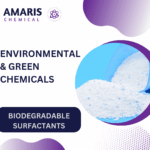 Biodegradable Surfactants
Biodegradable Surfactants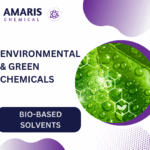 Bio-based Solvents
Bio-based Solvents Renewable Polymers
Renewable Polymers Carbon Capture Chemicals
Carbon Capture Chemicals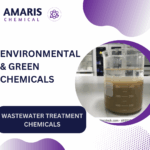 Wastewater Treatment Chemicals
Wastewater Treatment Chemicals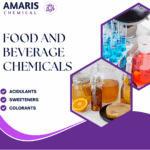
 Preservatives (food)
Preservatives (food) Flavor Enhancers
Flavor Enhancers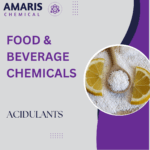 Acidulants
Acidulants Sweeteners
Sweeteners Emulsifiers
Emulsifiers Antioxidants (food)
Antioxidants (food) Colorants (food)
Colorants (food) Nutrient Supplements
Nutrient Supplements Nutraceutical Ingredients
Nutraceutical Ingredients
 Fresh Herbs
Fresh Herbs Whole Spices
Whole Spices Ground Spices
Ground Spices Spice Blends
Spice Blends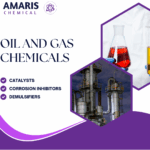
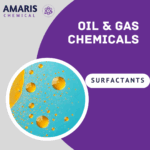 Surfactants(oil)
Surfactants(oil)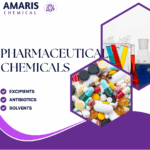
 Antibiotics
Antibiotics Active Pharmaceutical Ingredients
Active Pharmaceutical Ingredients Excipients
Excipients Vaccine Adjuvants
Vaccine Adjuvants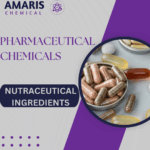 Nutraceutical Ingredients
Nutraceutical Ingredients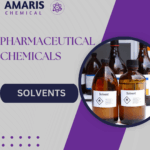 Solvents (pharmaceutical)
Solvents (pharmaceutical)
 Automotive chemicals
Automotive chemicals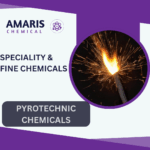 Pyrotechnic Chemicals
Pyrotechnic Chemicals
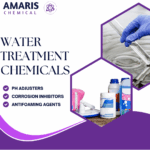

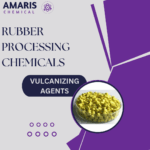 Vulcanizing Agents
Vulcanizing Agents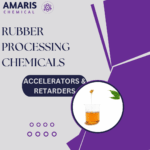 Accelerators & Retarders
Accelerators & Retarders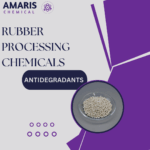 Antidegradants
Antidegradants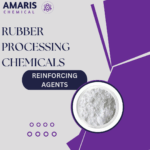 Reinforcing Agents
Reinforcing Agents Plasticizers & Softeners
Plasticizers & Softeners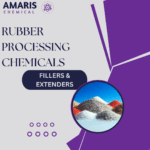 Fillers & Extenders
Fillers & Extenders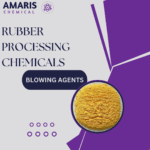 Blowing Agents
Blowing Agents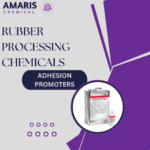 Adhesion Promoters
Adhesion Promoters
